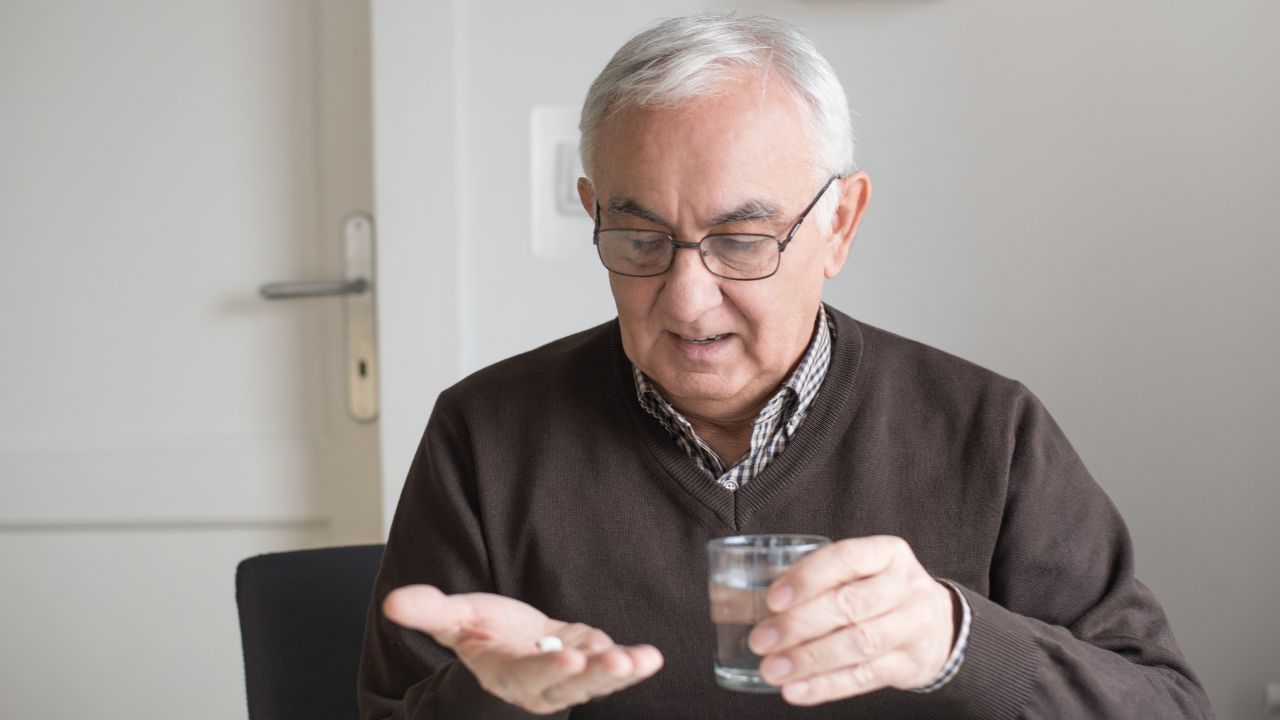Medication management for older people can be a tricky affair. A few wrong medicines or a wrong way of administering can have adverse effects.
Though medicine administration in care homes should ideally be done by qualified staff but unfortunately not all senior citizen care homes have the bandwidth to address individual medication needs.
Since many seniors tend to forget their medication, hence it is important for non-nursing staff to be vigilant and aware on the procedures of medication administration.
While socially developed countries have dedicated departments who design and develop national standards and guidelines, but unfortunately in India eldercare guidelines are limited.
Attached resource document “Routes of administration” by Clinical Skills Limited is an easy to understand guide for caregivers and other persons involved with elderly care.
The details in the guide are in pictorial form which are easy to understand and remember. It is important that in India we should develop freely available training material in vernacular languages which are relatable and practical.
As per the resource guide, Pharmaceutical companies manufacture medicines in a range of different formulations, which they design to ensure that each medicine delivers an effective therapeutic response.
Many factors influence the prescriber’s choice of formulation and route of administration, including the response required, the accessibility of the target site and patient factors.
The procedures in the document describes the various enteral and parenteral routes of administration, as well as special considerations for administering different formulations via these routes, such as oral liquids and tablets.
The attached document should be read in conjunction with the clinical skills procedure, “Administration of medicines: key principles”.
The document can be downloaded here (Routes of Administration) or can be viewed below
